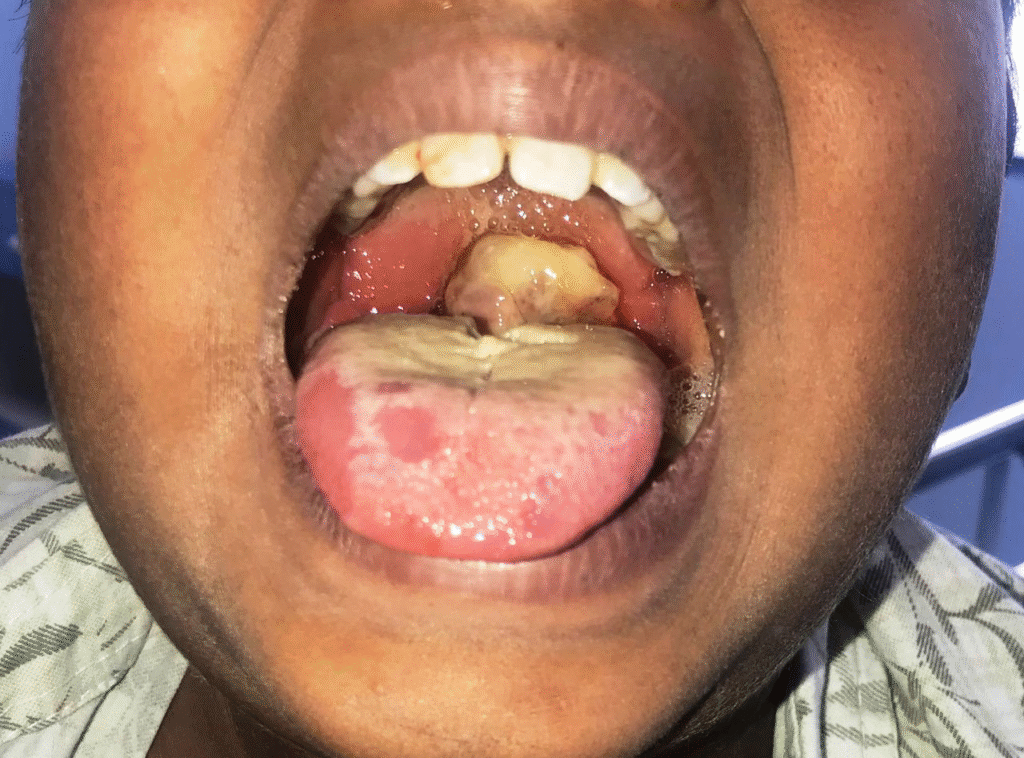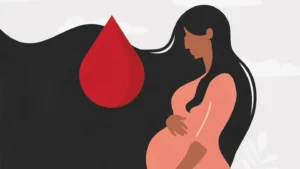
In recent months, Nigeria has found itself in the grip of a rapidly escalating health crisis—a diphtheria outbreak that has claimed over 1,200 lives and infected more than 24,000 individuals. What makes this situation especially alarming is that diphtheria is a vaccine-preventable disease. This unfolding tragedy serves as a stark reminder of the consequences of gaps in immunization coverage and public health infrastructure.
What is Diphtheria?
Diphtheria is a serious bacterial infection caused by Corynebacterium diphtheriae. It primarily affects the throat and upper respiratory tract, producing toxins that can lead to breathing difficulties, heart failure, paralysis, and even death. It spreads through airborne droplets, close contact, or contaminated surfaces.

Sign and symptoms
- Sore throat
- Mild fever
- Weakness and fatigue
- Swollen glands in the neck
- Difficulty swallowing
- Thick, gray or white coating on the throat and tonsils
- Hoarseness or change in voice
- Nasal discharge (may be bloody)
- Rapid or difficult breathing
- Heart palpitations or irregular heartbeat (in severe cases)
- Nerve damage leading to paralysis (in severe cases)
If you suspect diphtheria, seek medical attention immediately as it is a serious bacterial infection.
The Scope of the Outbreak
According to reports from the Nigeria Centre for Disease Control (NCDC) and the World Health Organization (WHO):
- Over 24,000 suspected cases have been recorded across multiple states.
- Children aged 1–14 years, especially those unvaccinated, are the most affected.
- The outbreak has been described as the worst diphtheria crisis Nigeria has seen in decades.
Why Is This Happening?
The outbreak highlights several systemic challenges:
1. Low Vaccination Coverage: Many of the affected children were either not vaccinated or under-vaccinated. The pentavalent vaccine, which includes diphtheria protection, has not reached many rural and underserved communities.
2. Healthcare Access Gaps: Poor infrastructure, misinformation, and logistical hurdles in delivering vaccines to remote areas have widened the gap in immunization coverage.
3. Public Awareness and Trust Issues: Vaccine hesitancy and lack of public education have also contributed to the crisis.
What Is Being Done?
In response to the outbreak:
- The NCDC and WHO have launched emergency response teams to affected regions.
- Mass vaccination campaigns are underway, targeting vulnerable populations.
- Community outreach and education programs are being ramped up to combat vaccine hesitancy.
However, these efforts are racing against time, as the outbreak continues to spread.
A Call to Action
The diphtheria outbreak in Nigeria is a preventable tragedy. It underscores the urgent need for:
- Strengthened routine immunization programs
- Improved access to primary healthcare
- Public health education at the grassroots level
- International and local collaboration to fund and support sustainable health initiatives
The loss of over 1,200 lives—many of them children—should not be in vain. Let this crisis renew our commitment to ensuring that no child is left behind when it comes to life-saving vaccines.
Stay Informed. Stay Safe. Get Vaccinated.
Diphtheria Vaccines According to Age

Infants and Young Children (6 weeks to 6 years)
- Vaccine: DTaP (Diphtheria, Tetanus, and acellular Pertussis)
- Schedule: 5 doses total
- 1st dose: 2 months
- 2nd dose: 4 months
- 3rd dose: 6 months
- 4th dose: 15-18 months
- 5th dose: 4-6 years
Children and Adolescents (7 to 10 years)
- If not fully vaccinated, administer catch-up doses of DTaP or Td (Tetanus and diphtheria toxoids)
- Adolescents and Adults (11 years and older)
- Vaccine: Tdap (Tetanus, diphtheria, and acellular pertussis) as a single dose if not previously received
- Booster: Td every 10 years thereafter
Special Considerations
- Pregnant women: Tdap during each pregnancy, preferably between 27-36 weeks gestation
- Adults who have never been vaccinated or have unknown vaccination status: series of 3 doses of Td or Tdap as per guidelines
Always consult local immunization schedules and healthcare providers for specific recommendations.
Have thoughts or experiences to share on this issue? Leave a comment below. Let’s raise awareness together.





